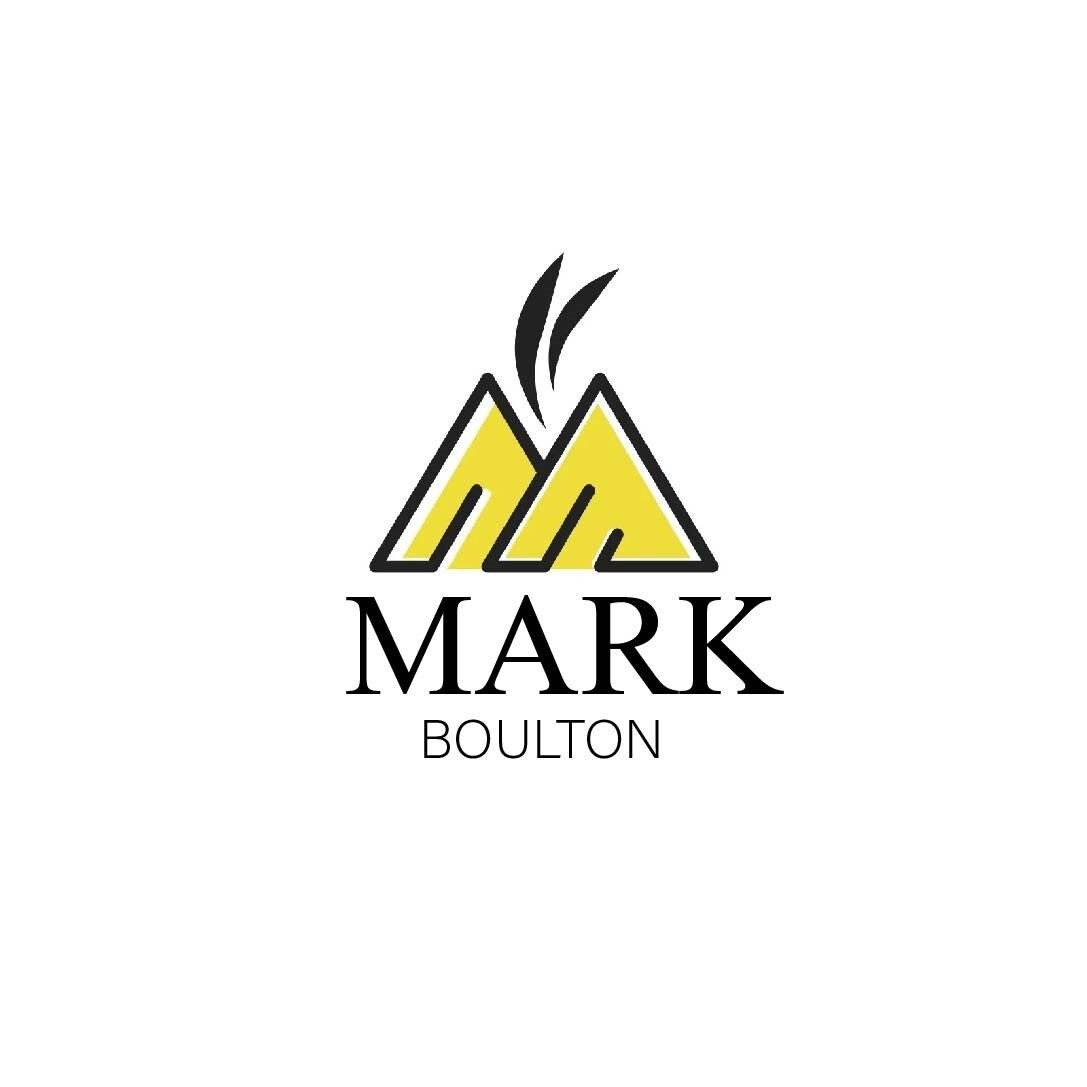In today’s fast-paced world, skincare and beauty have become essential elements of self-care and confidence. The way individuals care for their skin has evolved from simple cleansing routines to intricate rituals that incorporate science, nature, and wellness. With an increasing awareness of skin health and the desire for a glowing complexion, people are exploring a variety of products and techniques designed to enhance their natural beauty while protecting the skin from environmental damage.
The foundation of any effective skincare regimen lies in understanding the unique needs of one’s skin type. Skin varies widely among individuals, ranging from dry and sensitive to oily or combination types. Recognizing these differences is key to selecting the right products and treatments. For example, dry skin requires nourishment and hydration, while oily skin benefits from balancing and pore-cleansing ingredients. Tailoring skincare routines to address specific concerns helps maintain the skin’s natural barrier, which protects against irritants and prevents moisture loss.
Cleansing is often the first step in any skincare routine, but https://pdqlse.com/ its importance cannot be overstated. Removing dirt, oil, makeup, and pollutants accumulated throughout the day is crucial for maintaining clear and healthy skin. Gentle cleansers that respect the skin’s pH balance are preferred over harsh soaps, which can strip away essential oils and cause dryness or irritation. Double cleansing, a method popularized in recent years, involves using an oil-based cleanser followed by a water-based one to thoroughly clean the skin without compromising its integrity.
Moisturizing plays a pivotal role in preserving skin hydration and elasticity. Moisturizers come in various forms, including creams, gels, and lotions, each suited to different skin types and preferences. Ingredients like hyaluronic acid and glycerin attract and retain moisture, while natural oils provide nourishment and protection. Consistent moisturizing helps reduce the appearance of fine lines and creates a smooth, supple surface that enhances the skin’s overall appearance.
Sun protection has emerged as a non-negotiable aspect of skincare. Exposure to ultraviolet (UV) rays accelerates aging, causes pigmentation issues, and increases the risk of skin cancer. Using broad-spectrum sunscreen daily shields the skin from both UVA and UVB rays, preventing damage and preserving youthful skin. Many modern formulations combine sun protection with moisturizing or antioxidant properties, making it easier for users to incorporate SPF into their everyday routines without extra effort.
Exfoliation is another critical component that promotes skin renewal by removing dead cells and encouraging the growth of fresh, healthy skin. Both physical exfoliants, like scrubs, and chemical exfoliants, such as alpha-hydroxy acids (AHAs) or beta-hydroxy acids (BHAs), are widely used. Choosing the right exfoliation method depends on skin sensitivity and specific concerns like acne or dullness. Over-exfoliating, however, can harm the skin barrier, so moderation and attentive observation are essential.
Beauty rituals often extend beyond basic skincare to include serums and treatments targeted at specific issues. Serums are lightweight formulations packed with active ingredients like vitamin C, retinol, peptides, and antioxidants. These concentrated products address concerns such as hyperpigmentation, aging signs, and inflammation. Incorporating serums into daily routines allows for customized care and more noticeable improvements over time.
The integration of natural and organic ingredients has gained momentum in recent years as consumers seek gentler and environmentally friendly options. Botanicals like aloe vera, chamomile, green tea, and rosehip oil offer soothing, anti-inflammatory, and antioxidant benefits. The trend towards clean beauty reflects a broader awareness of sustainability, ethical sourcing, and minimizing harmful chemicals in personal care products.
Skin health is deeply connected to overall wellness, which is why lifestyle factors significantly impact beauty outcomes. A balanced diet rich in vitamins, minerals, and antioxidants supports skin vitality from within. Hydration is equally important, as water helps maintain elasticity and flushes out toxins. Stress management, quality sleep, and regular exercise also contribute to a radiant complexion by promoting circulation and cellular repair.
Beauty standards continue to evolve, embracing diversity and individuality more than ever before. The focus has shifted from masking imperfections to enhancing natural features and fostering skin confidence. Influencers and skincare experts emphasize self-love and embracing skin’s unique qualities rather than striving for unrealistic ideals. This cultural shift has encouraged more personalized skincare approaches that celebrate different skin tones, textures, and concerns.
Technological innovations have introduced advanced tools and techniques to supplement traditional skincare. Devices such as LED masks, microcurrent stimulators, and ultrasonic exfoliators offer spa-like treatments at home, improving circulation and collagen production. Dermatological procedures like chemical peels, microneedling, and laser therapy have become more accessible and customizable, delivering targeted results with minimal downtime.
The beauty industry’s rapid growth has made knowledge more accessible, with abundant resources available online. Consumers can research ingredients, watch tutorials, and consult professionals to create effective routines tailored to their needs. This democratization of information empowers individuals to make informed decisions, resulting in better skin health and more satisfying beauty experiences.
